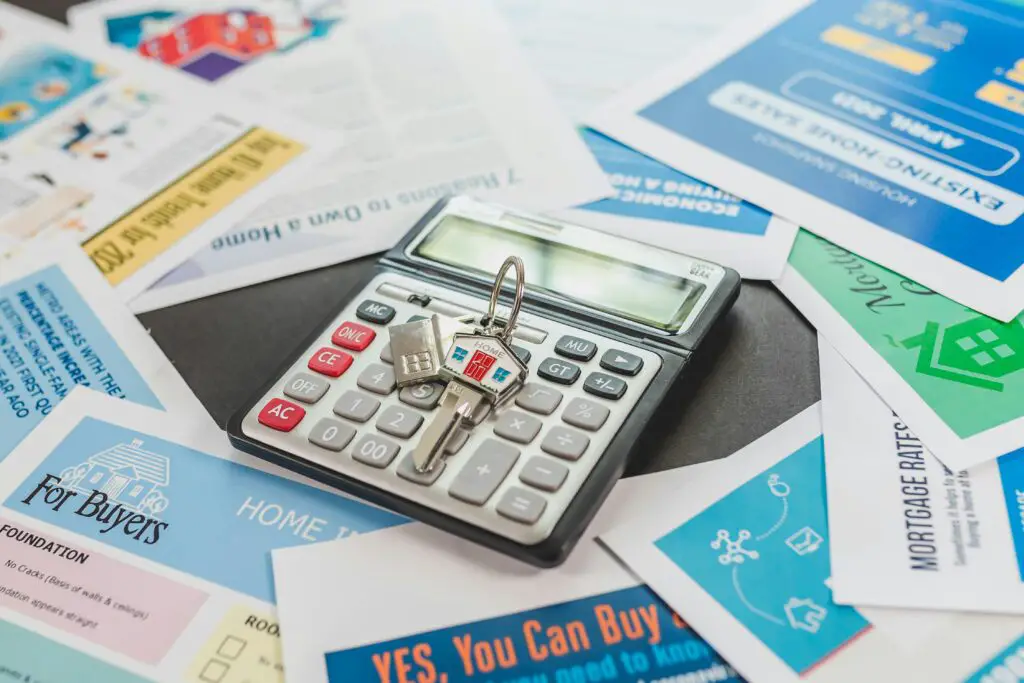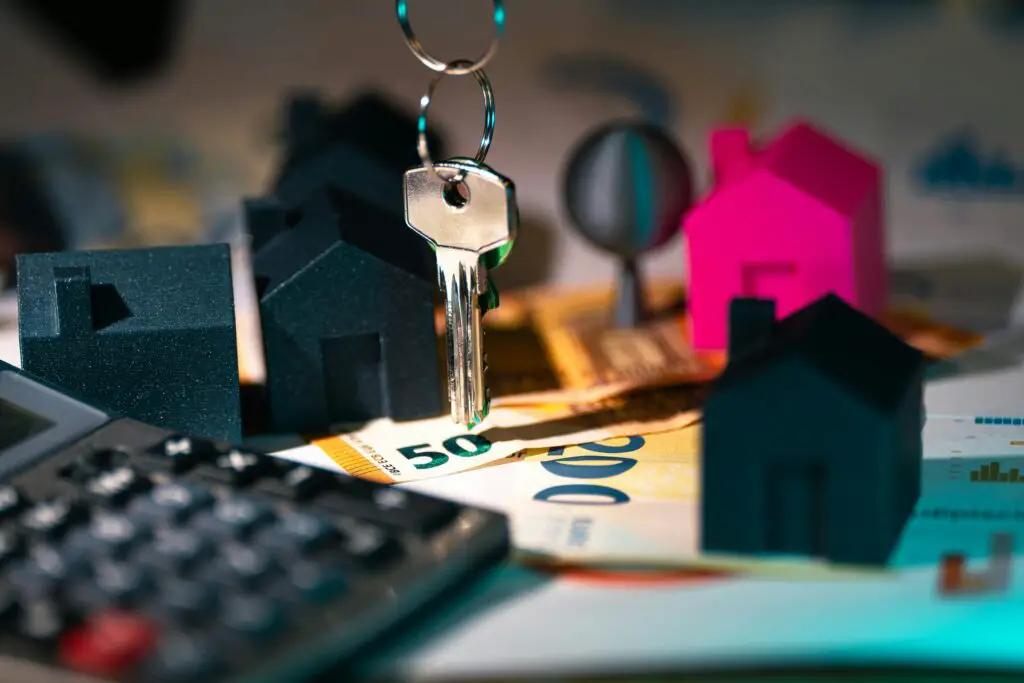1. Rapid Population Growth Is Outpacing Infrastructure

Florida’s booming population has overwhelmed its infrastructure, creating a strain on housing availability and affordability. Cities like Orlando and Tampa are struggling to keep up with demand for utilities, schools, and transportation. This imbalance is making homeownership more challenging for residents.
2. Rising Insurance Costs Are Driving Buyers Away

Florida’s susceptibility to hurricanes and flooding has caused property insurance premiums to skyrocket. Many homeowners now face costs that are double or even triple the national average. These soaring expenses are discouraging potential buyers and pushing current residents to reconsider staying.
3. Environmental Risks Are Increasing

Florida’s housing market is heavily impacted by climate change, with rising sea levels and more frequent storms posing threats to coastal properties. Buyers are becoming more hesitant to invest in areas at risk of flooding or erosion. This shift is causing a decline in demand for homes in vulnerable regions.
4. Overinflated Home Prices Are Unsustainable

Home prices in Florida have risen sharply over the past few years, far outpacing wage growth. Many buyers are now priced out of the market, while others fear purchasing at a peak that could lead to significant losses. A market correction seems inevitable.
5. Investors Are Pulling Back

The influx of real estate investors in Florida has driven up prices, but many are now retreating due to fears of an impending bubble. As investors scale back, the demand for high-end properties is decreasing, leading to slower market activity.
6. Affordability Issues Are Pushing Residents Out

The rising cost of living in Florida is making it difficult for middle- and working-class families to afford homes. Cities like Miami and Fort Lauderdale are particularly affected, forcing residents to move to more affordable states. This exodus is reducing the pool of potential homebuyers.
7. Mortgage Rates Are Making Homes Unattainable

Higher mortgage rates have significantly increased monthly payments, making homeownership less accessible for many Floridians. Combined with already high home prices, this has led to a noticeable slowdown in sales. Buyers are opting to rent or relocate rather than purchase in Florida.
8. Vacation Rental Saturation Is Backfiring

Florida’s housing market has seen an influx of properties purchased for short-term vacation rentals. However, oversaturation in this market is reducing profitability, causing investors to sell off properties. This trend is adding inventory to an already struggling market.
9. Increased Migration to Cheaper States

States like Georgia, Texas, and Tennessee are becoming popular alternatives to Florida due to their lower cost of living and competitive job markets. As more people leave, Florida’s housing market faces the challenge of sustaining demand.
10. Job Market Volatility Is Creating Uncertainty

While Florida has a strong tourism-driven economy, it lacks diversity in high-paying job sectors. Economic uncertainty and limited job opportunities are discouraging potential buyers, particularly younger professionals. This lack of economic stability is contributing to the market’s decline.
11. Lack of Affordable Housing Initiatives

Despite the housing crisis, Florida has been slow to implement affordable housing programs. Developers often prioritize luxury properties, leaving a significant gap in the market. This neglect has only exacerbated the state’s housing affordability issues.
12. Property Tax Increases Are Scaring Off Buyers

Florida’s rising property taxes are making homeownership less attractive, particularly for retirees and first-time buyers. These tax hikes are further adding to the financial burden of owning a home in the Sunshine State.
13. A Market Correction Is Looming

Experts predict that Florida’s housing market may be headed for a correction as inflated prices and decreasing demand collide. While this could stabilize prices in the long run, it creates uncertainty for current buyers and sellers. Many are choosing to wait out the volatility, further slowing market activity.
